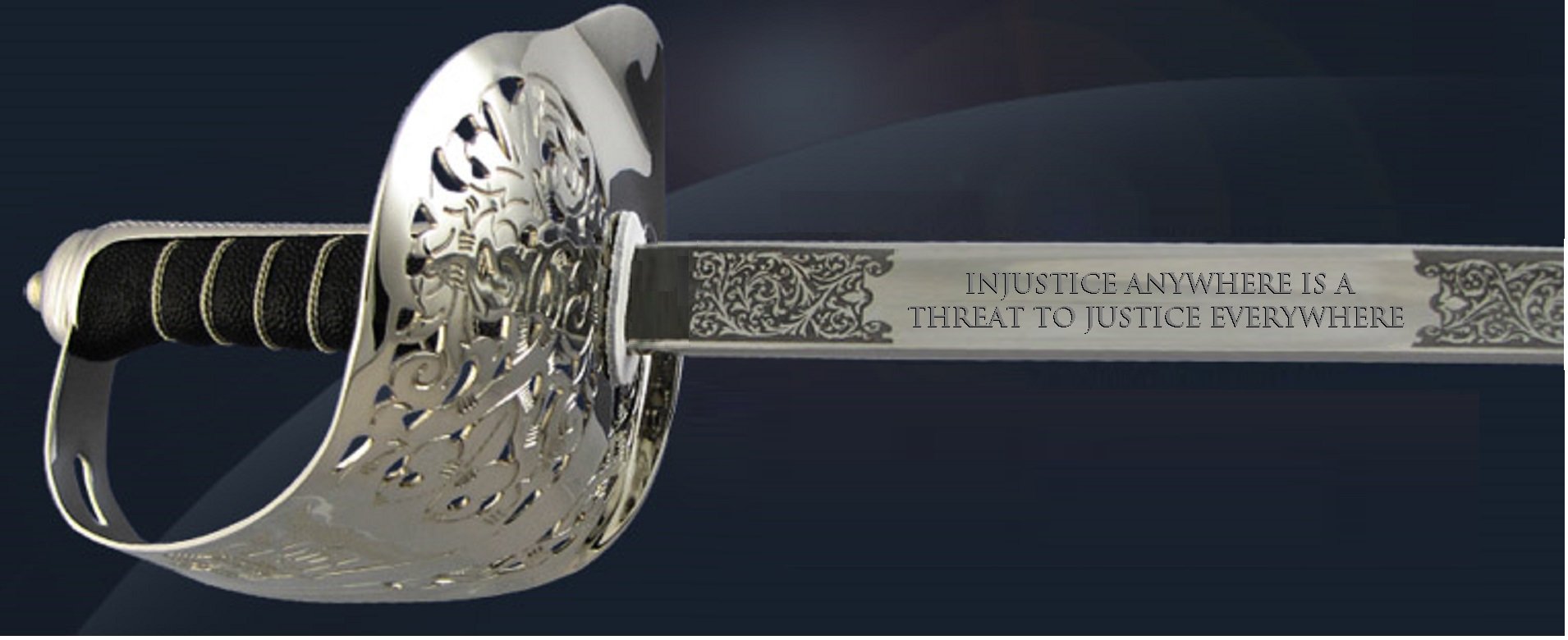How Did UCLA’s Stephanie Pincetl Know About The $25 Million From The Ratepayer Funded Bailout Of Socal Edison?
Read the original story by investigative reporter Jeff McDonald with supporting documents at the San Diego U~T
UCLA Had Plans For $25 Million
Proposal Called For Campus To Get Greenhouse Gas Funds From San Onofre Closure
By Jeff McDonald 5:50 p.m.May 5, 2015
Officials at the University of California, Los Angeles never planned to share $25 million of research grants that former utility regulator Michael Peevey helped secure from owners of the failed San Onofre nuclear power plant.
The university’s California Center for Sustainable Communities put together a “concept proposal” in May 2014, long before the greenhouse-gas research funds became publicly known. It called for the Los Angeles campus to collect and spend the entire donation on a data research center.
“The closure of the San Onofre Nuclear Generating Station offers a unique and timely opportunity for a reconsideration of energy supply and use in Southern California,” the proposal begins. “Developing a power system that is less carbon intensive, reliable and cost effective requires innovative infrastructure that is responsive to demand and adaptive to more distributive power sources.”
UCLA released a copy of the six-page proposal this week in response to a California Public Records Act request filed by U-T San Diego earlier this year.
The document lays out a five-year plan to spend $25 million in San Onofre closure funds on a data center to be run by Professor Stephanie Pincetl, who in May 2013 took part in a campus visit for Michael Peevey, then president of the California Public Utilities Commission.
Peevey was just back from Poland, where he had met with a Southern California Edison executive to discuss a framework for settling closure costs for the failed nuclear plant north of Oceanside. The secret framework included the greenhouse gas research funds.
Even though that idea did not become part of any public process for 18 months, UCLA researchers had plenty of time to get their ideas together.
Investigators into backchannel dealings by the commission have scrutinized how the grant funds came to be included in the final $4.7 billion settlement plan approved in November 2014.
Behind-the-scenes dealings are problematic because the commission is supposed to be an impartial arbiter of a deal like the San Onofre settlement, not a participant. Also, its decisions are supposed to be based on a public record with equal access by all affected parties.
Documents show Peevey pressured utility executives and an advocacy group involved in the San Onofre settlement to include the grants as part of the deal, even as he prepared to accept a position on a campus advisory board.
According to The Utility Reform Network, Peevey summoned TURN attorney Matthew Freedman to a meeting in April 2014, waved around notes from his meeting in Poland and suggested that research money for the University of California be added to the settlement.
Edison executive Ronald Litzinger reported that, the next month, Peevey waved the notes from the Hotel Bristol Warsaw at him as well. At that meeting, Litzinger said, Peevey demanded $25 million for UCLA.
As first reported by U-T San Diego in January, the notes have since been seized by state agents during a search of Peevey’s Los Angeles area home.
When first approached by the U-T, UCLA Professor Pincetl could not explain how she knew months ahead of time that the San Onofre research funds would be coming available.
On Tuesday, UCLA spokesman Tod Tamberg said on her behalf that she learned of the grant funds when Peevey asked her to submit the proposal for spending no more than $25 million over five years.
With Peevey out of office, UCLA is getting a smaller share of the research funds than envisioned. Under terms of a spending plan proposed by the utilities last month, the first-year funds of $5 million are being divided between 15 separate projects on five different UC campuses. UCLA was scheduled to receive less than a fourth of the funds.
In response to the U-T’s reporting, the Daily Bruin student newspaper last month called on UCLA to sever ties with Peevey. The campus has not responded to questions about whether Peevey remains on the board of the Luskin Center for Innovation.
© Copyright 2015 The San Diego Union-Tribune, LLC. An MLIM LLC Company. All rights reserved.

